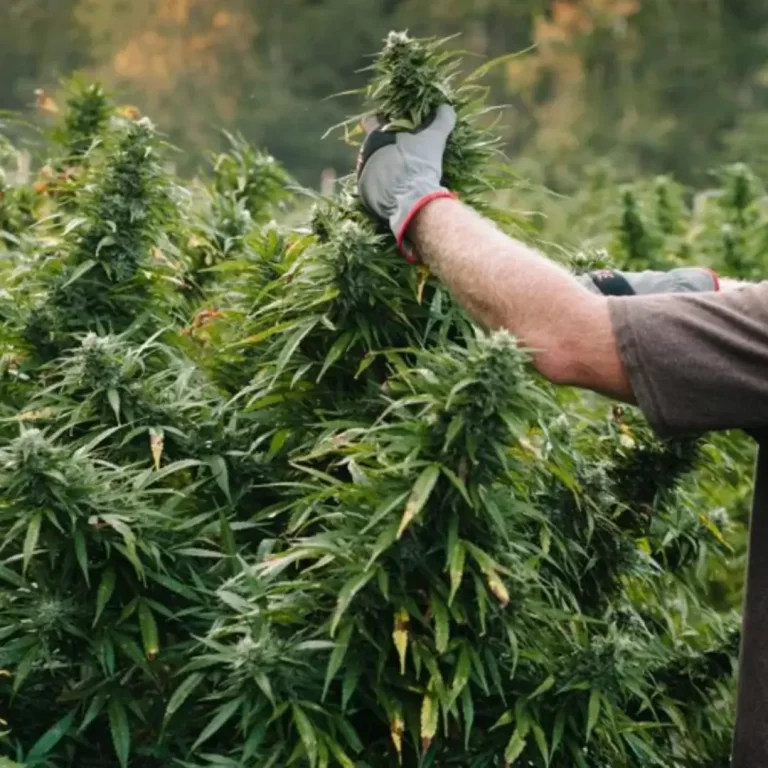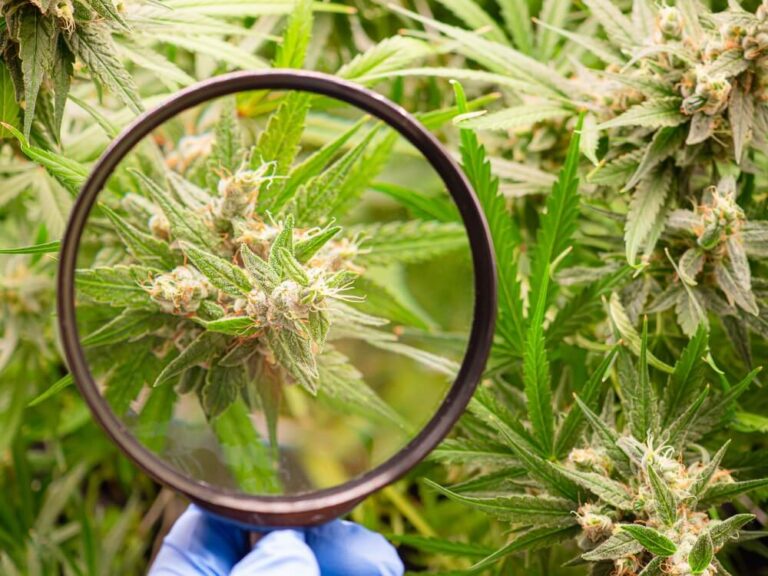
NFTs are Coming for the Cannabis Industry. Is That a Good Thing?
- Education
- Cannabutter Digest
Anyone who has access to the Internet or uses social media has probably heard of NFTs. NFTs, or “non-fungible tokens,” are digital assets on a blockchain and cannot be copied. Although they only exist virtually, NFTs typically represent real-world assets such as videos, video games, music, real estate property, and digital art.
During the spring and early summer of 2021, NFTs were all the rage. As people bought them up, others began to ask questions and cast doubt on how much NFTs are really worth and whether the market for NFTs will endure or ultimately crash.
It was only a matter of time before the NFT boom hit the equally hot cannabis market. Cannabis and cannabis-related companies have turned to NFTs to build hype around new products and sell customers on exclusive deals. They have also started utilizing the blockchain to verify testing results in some instances.
Concerns about NFTs in the Cannabis Market
Some experts believe that NFTs are the future of the internet’s next iteration, which will likely be the metaverse. Others believe that NFTs have little to no value, despite being adopted by the art market and mainstream businesses. Many critics think that cryptocurrency and related products like NFTs are a bubble or a pyramid scheme with little to no real value.
Despite critics’ claims, many cannabis companies have begun to explore the opportunities NFTs can provide their businesses.
Sammy Dorf, co-founder and chief growth officer of Verano Holdings, a Chicago-based cannabis company, says, “From a business perspective, you can’t ignore the NFT market. Cannabis is evolving so rapidly from so many angles that we think this could be an opportunity to engage different customers.”
How Much Are NFTs Worth Anyway?
While there are some varied rags-to-riches stories of everyday individuals purchasing NFTs and then selling them for tens of thousands of dollars (or more), purchasing an NFT in no way guarantees that you’ll strike it rich. In fact, according to a recent New York Times article, most people who purchase NFTs never earn any real financial reward.
The Times piece references the wild success story of a young tech worker who had grown up in modest circumstances and lived in a 1-bathroom college-style home with three roommates when he struck NFT gold by chance. He purchased his first NFTs in the form of digital images, and over the course of several months, their value went through the roof. In one example, he purchased an NFT for 14 Ether (which is a type of cryptocurrency) equivalent to $40,000. He sold the same NFT for 70 Ether, or $231,000, and was able to use the money to buy his own house.
Another NFT success story involved an artist in Brooklyn who created art, including sculptures, textiles, and illustrations, in her free time. She sold her work in an online store. During the COVID-19 pandemic, she decided to create her own line of NFTs, a collection of digital artwork that was inspired by her personal heritage. Her NFT business was so successful that she could quit her job, pay off debt, and now exclusively create art.
Downsides for Cannabis Companies Investing in NFTs
While some have struck virtual gold, there are various notable downsides to investing in NFTs. For one, people who purchase NFTs have no consumer protection. And many NFT buyers fall victim to scams, which occur all the time because the federal government does not (yet) regulate the industry.
In many ways, purchasing NFTs is like a game of roulette. Like purchasing baseball cards, individuals with NFTs hope to chance upon a digital asset that ultimately has significant value due to its scarcity or popularity. Luck and knowledge of the industry both play a role in successful NFT investments, but as is the case with baseball cards, it’s always a gamble.
Successfully cashing in on an NFT is rare. But on rare occasions, the transaction can be lucrative. Many have used the proceeds from an NFT sale to pay off student loans, purchase real estate, and make other investments. In those cases, the investor took a big risk and used their marketplace knowledge to earn a significant return on investment.
Many cannabis companies are no strangers to cryptocurrency since it is often the easiest solution to digital banking issues and cash-only purchase laws. Because of this, many businesses, like the Colorado-based dispensary Flower Power Botanicals, have started to accept cryptocurrency for products in their stores.
According to the Rocky Mountain Collegian, Cory Mitchell of Flower Power Botanicals has considered offering nonfungible tokens alongside the products his dispensary sells. “I think it’d be an interesting way to involve the upcoming digital wave,” he says. These offerings might include NFT cannabis strains or digital artwork. “With the strains that we currently sell to our customers, I think it’d be exciting also to allow them to own them digitally,” The NFT strains could showcase the visual aspects of the cannabis flowers, ultimately becoming a collectible digital item.
NFTs Are Here. Are You Ready?
Cannabis companies thinking about creating or investing in digital art NFTs could potentially see a huge return on investment, especially if they find ways to integrate NFTs into their products or services. This could include NFTs that commemorate a new product or unique customer experiences that could be unlocked by purchasing digital art.
Because the market is so volatile, most NFTs will most likely be worth very little in the grand scheme of things, particularly if there is no significant fandom surrounding a cannabis company’s NFT. The way to succeed in the NFT industry is to select the most desirable projects, and the demand for cannabis is so strong right now, it seems like the combination is an ideal fit.







